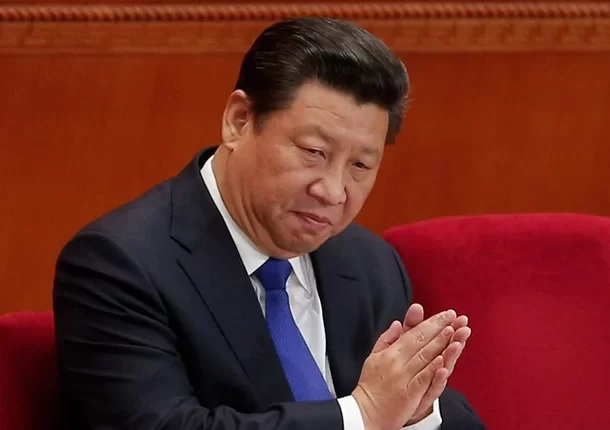
China’s economy is in trouble. Here’s what’s gone wrong
China has long been the engine of global growth.
But in recent weeks, its economic slowdown has alarmed international leaders and investors who are no longer counting on it to be a bulwark against weakness elsewhere. In fact, for the first time in decades, the world’s second economy is itself the problem.
Hong Kong’s Hang Seng (HSI) Index slid into a bear market on Friday, having fallen more than 20% from its recent peak in January. Last week, the Chinese yuan fell to its lowest level in 16 years, prompting the central bank to make its biggest defense of the currency on record by setting a much higher rate to the dollar than the estimated market value.
The issue is that, after a rapid spurt of activity earlier this year following the lifting of Covid lockdowns, growth is stalling. Consumer prices are falling, a real estate crisis is deepening and exports are in a slump. Unemployment among youth has gotten so bad the government has stopped publishing the data.
To make things worse, a major homebuilder and a prominent investment company have missed payments to their investors in recent weeks, rekindling fears that the ongoing deterioration of the housing market could lead to heightened risks to financial stability.

